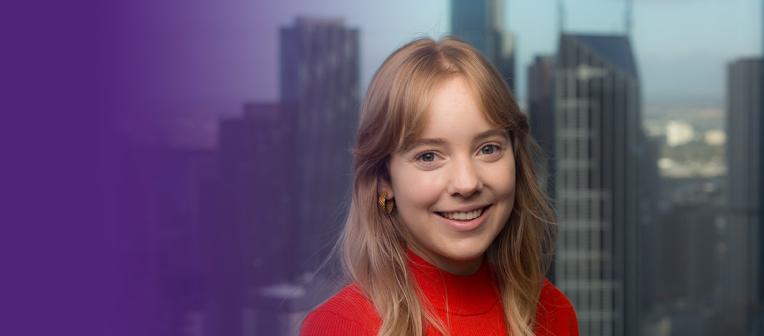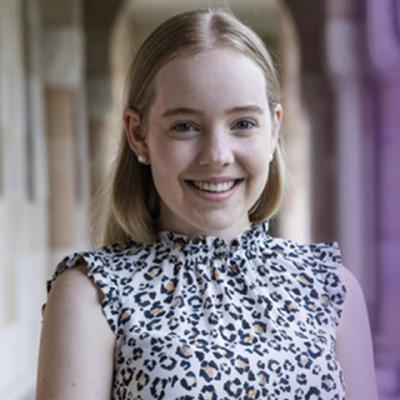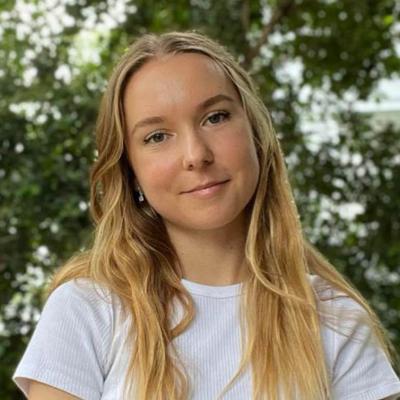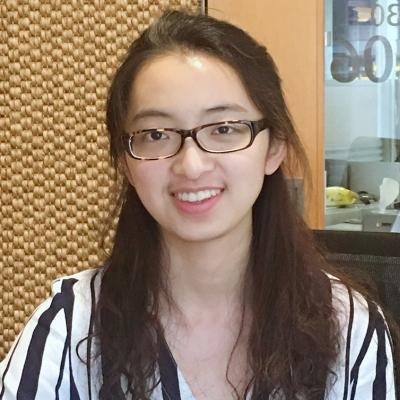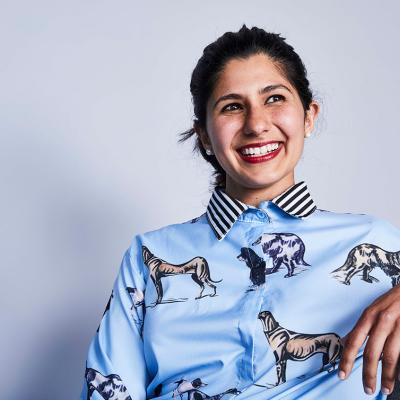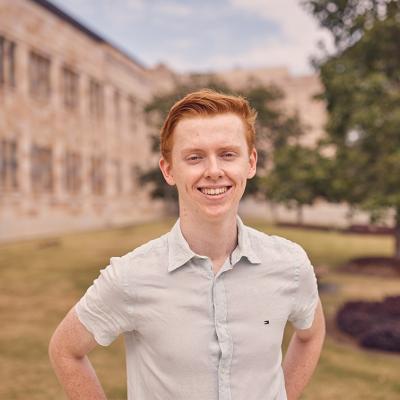UQ Bachelor of Advanced Finance and Economics alum Emma Beal graduated in 2020 as a valedictorian with first class honours.
But while her list of academic accomplishments is seemingly endless, ranging from receiving the Vice-Chancellor's Scholarship (awarded to students who achieve at the top of the OP 1 band) to receiving the University Medal (awarded to the top 5% of first class honours students), Emma remains humble.
Now, she’s pursuing a successful graduate career and working as a consultant at Boston Consulting Group.
Emma shares what it’s like to study the Bachelor of Advanced Finance and Economics (Honours) at UQ, her advice for others pursuing a career in this industry, and what’s next for her.
Why did you decide to study the Bachelor of Advanced Finance and Economics (Honours) at UQ?
I wanted to study an analytical degree with practical application to industry. The Bachelor of Advanced Finance and Economics (Honours) program certainly offered this, but I was surprised to find I also really enjoyed other aspects of the degree too. From debating policy ideas to pitching stocks, my studies encouraged me to pursue a career that requires communication and creativity, not just the quantitative skills I initially enrolled to learn.
What were the challenges and highlights of studying UQ’s Bachelor of Advanced Finance and Economics (Honours)?
I felt there was a steep learning curve coming out of high school into the Bachelor of Advanced Finance and Economics (Honours) program. However, your cohort is quite small, and you tend to get to know everyone quickly and very well. One of my highlights from the program was the way we helped each other through the difficult parts of the degree.
The Australian Financial Review has recognised UQ as one of the best universities in the country for 3 consecutive years, ranking #1 in 2023 and 2024, and #2 in 2025.
How did it feel when you found out you were one of the 2020 valedictorians and then that you had received a 2020 university medal?
They were both humbling moments. These achievements were the result of many late nights and long hours in the library. On graduation day, it was an honour to be the representative voice of my cohort, who I believe worked just as hard as me to achieve their goals and who inspired me countless times over the course of our 4-year degree.
How did the Bachelor of Advanced Finance and Economics (Honours) change your career?
The Bachelor of Advanced Finance and Economics (Honours) opened many doors for me, both during and immediately after completing my studies at UQ. It allowed me to gain a deep understanding of topics ranging from microeconomics to capital markets, which I now use in my current position daily. I have also developed a strong network with my cohort, thanks to the smaller class sizes of this program, which will no doubt provide me with a lot of support throughout my career.
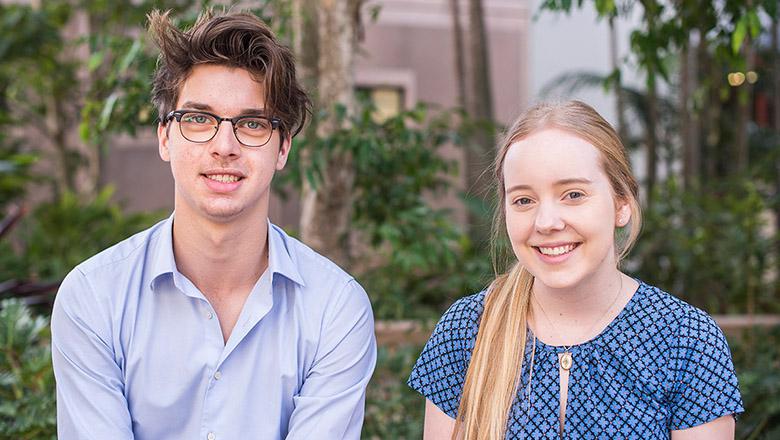
Emma Beal with fellow Bachelor of Advanced Finance and Economics graduate William Sommerville
Can you describe what you do in your current role as a consultant?
I work across all of the Private Equity, Climate & Sustainability and Energy practice areas as a consultant at BCG. My role sees me working on a variety of problem types with stakeholders across both industry and the public sector, where I bring particular expertise on energy/climate policy and market design. A regular day sees me directly apply the learnings from my economics and finance studies throughout my analysis, solution ideation and communication with stakeholders. I have a lot of autonomy to work independently and explore the merits of different ideas I might have, but I also work closely with and learn a lot from, my broader case teams.
What does the future look like for you?
In 2024, the plan is to head over to the US to complete a Master of Data Science, extending upon the strong foundation of technical skills I’ve already acquired through my undergraduate studies at UQ. I plan to apply these future learnings in the context of the domestic and global energy transition.
"I believe finding a solution to the energy trilemma is one of Australia’s most complex, yet most pressing, challenges to face, and I'm looking forward to making further contributions in this highly technical field."
What advice would you give to anyone considering a career in finance and economics?
- Read more and think outside the box. Dig deeper into the topics that interest you – it’s hard to fake passion to a potential employer, and pursuing the activities you enjoy will help you gain a clearer understanding of what you want to do. Try to think of alternative career routes to the status quo. The ability to think critically and creatively will not only help you in your studies and personal development, but it will also help you make better career choices too.
- “A dream without a plan is just a wish.” Having a goal is only half the challenge. I truly believe anything is achievable if you can break down the task into smaller, implementable steps. This is the approach I take towards overcoming any challenge I set for myself. Being able to refer to my plan is helpful when things feel like they might be getting off track.
- Don’t forget about the bigger picture – university should be fun! Take time to make friends that you’ll be able to lean on throughout the rest of your career. Get involved in university societies and extra-curricular activities – not for the resumé building, but because you’ll be surrounded by like-minded people who will inspire you to learn more about yourself. And don’t forget to celebrate the successes, no matter how big or small!

